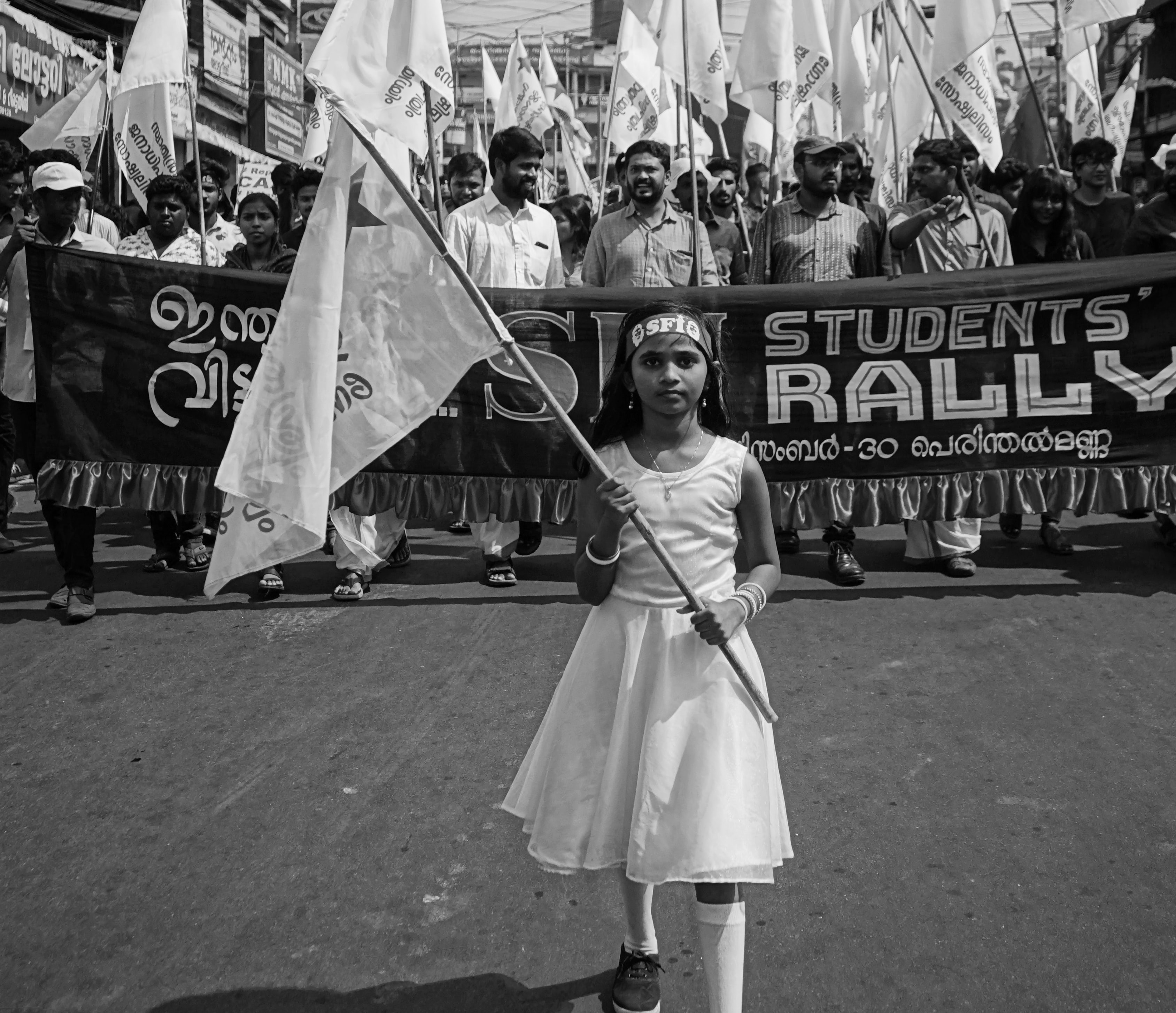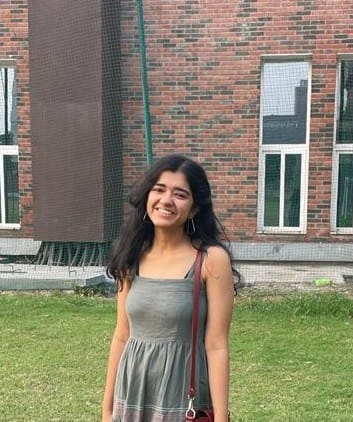Mainstream cinema in India, whilst made with the intention to provide entertainment to masses, has not remained silent on issues concerning politics, social discrimination, and economic inequalities. ‘Garibi’ (poverty) was an overarching theme in the movies from the 1950s, the most noteworthy examples of which are Awaraa, Do Bigha Zameen, Shree 420, and Mother India. In the swinging sixties, however, reality took a backseat, allowing Classical Bollywood to emerge with picturesque songs, romances, and glamor ruling the screens. The 1970s cinema reacted with echoes of the voices of disenchantment with the regime, growing unemployment and corruption; the angst of the people channeling itself through the vigilante ‘angry young man’ quintessentially played by Amitabh Bachchan. Similarly, the 80s decade saw the cementing of a ‘parallel cinema’ that catered to small pockets of audiences, however, was daring enough to talk of social taboos. Some of the iconic films of the period are Ardh Satya, Mirch Masala, Bazaar, and Party. The 1990s and early 2000s was a break in favor of more no-brainer commercial movies with comedy and romance as the most popular genres. Again, there was a rapid increase in the number of films based on social issues with overtones of nationalism from the late 2010s with the likes of Badhai Ho, Article 15, Uri: The Surgical Strike, Toilet : Ek Prem Katha, Shershah, Sardar Uddham, and so on enjoying commercial success like never before. Thus, cinema has mirrored the story of India in ways one might not be completely satisfied with, but is remarkable nonetheless.
The narrative around youth in politics and activism can be explored through the lens of Indian cinema as well. Here is a list of 6 movies that have touched upon the subject of youth’s aspirations, their role in politics and changing society in India:
-
Rang De Basanti
The 2006 film, a tale of the political awakening of a group of carefree youngsters, uses the device of a film within a film, where present day India is interwoven with the story of Bhagat Singh, a prominent youth icon. The powerful scenes of public dissent, protests and youth participation had sent political shockwaves across the country, with many experts arguing that it was instrumental in the civic justice movement for Jessica Lal, also largely spearheaded by college students. The fervent belief in change is best captured by the line “Koi bhi desh perfect nahi hota, use perfect banana padta hai”. (No country is perfect, it has to be made perfect.”)
-
Periyerum Perumal
The 2018 Tamil film is a hard-hitting commentary on caste oppression in the state and how it continues to disenfranchise Dalits today, immobilizing the youth of the community to realize their dreams of a basic standard of living and their right to human dignity. Set in a college, it offers insights to how reservation in educational institutions has failed to break social hierarchy, and the protagonist’s vulnerability to extreme forms of physical and mental harassment is a product of the same. The last line, “As long as you remain the same and expect me to remain a dog, nothing will change." is sure to make you unsettled and furious.
-
Pink
The 2016 courtroom drama based on the courage of three free spirited young women is one of the pioneering works that cultivated the words ‘Consent’ and ‘No means No’ in mainstream Indian discourse, expanding the scope of sexual harassment and assault to include cases of victims who don’t fit in the popular imagination of how a victim should be. Living independent of their families, going to parties and drinking with men, and involved in consensual relationships with multiple partners, the three women break the stereotype of a victimized ‘abla aurat’. Pink showcases the infusion of new age thinking by the young women of modern India and the anxiety it provokes in society.
-
Udta Punjab
The 2016 Bollywood crime drama film revolves around how rampant drug use affects the lives of youth in Punjab. Controversies surrounding the use of ‘abusive’ language, the excessive censorship of what was called ‘explicit’ scenes contributed to the commercial popularity of the film, again reminding us of changing tastes of Indian youth and the reactionary pushback from institutions. The engaging plot, realistic acting and direction, soulful music, and correct messaging made Udta Punjab a critical success, inspiring conversations about narcotics abuse among Indian youth.
-
Gulaal
The 2009 Anurag Kashyap directorial is a dark action thriller based on student politics. It is set in a fictional law university in Rajasthan. The name Gulaal is significant because red is a color associated with passion, anger, and love, emotions that we strongly equate the youth with. Kashyap’s trademark cynicism and knack for showing anarchy and violence in his films, is very much prevalent in the struggle for power by the secessionist Rajput families, and the ripples it produces in the lives of youth leaders and students. The line “youth hi change karta hai samaj” spoken in the film raises several questions about young people’s role and capabilities in social, political and cultural transformation.
-
Hazaaron Khwaishein Aisi
The 2005 political drama is set against the backdrop of the Emergency in the 1970s. Centered around the lives of three students in Delhi, the film explores the way young people identify with political ideologies and how their lives are influenced by them through the protagonists, one of whom is a Marxist striving to bring an end to casteism in Bihar, and the other a middle class boy struggling to find faith in his father’s seemingly ineffective Gandhism. Commenting on the film, director Sudhir Mishra said “It is a film about the true meaning of youth, about taking risks, about people who inherited a country with conflicting views, about love - love for the person and for the country.”




